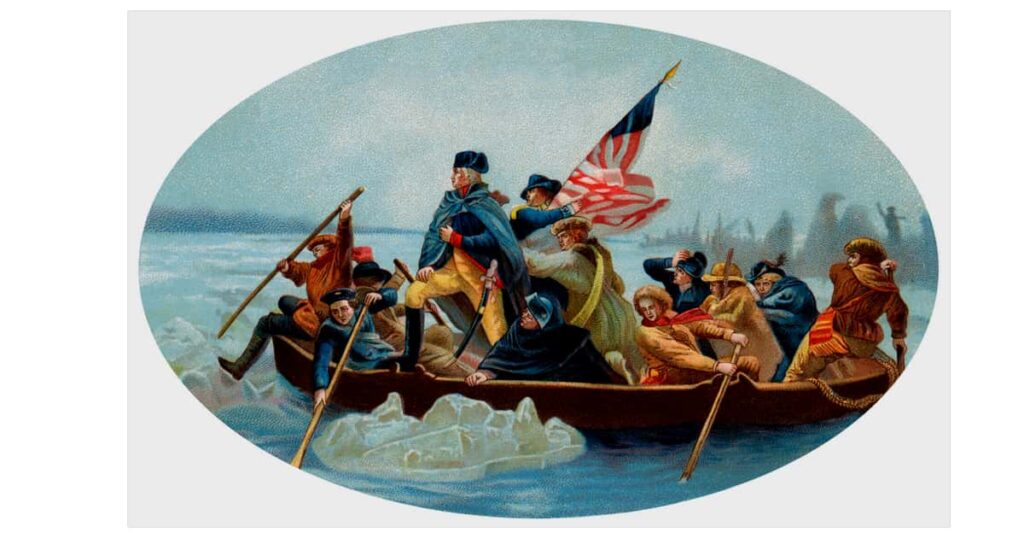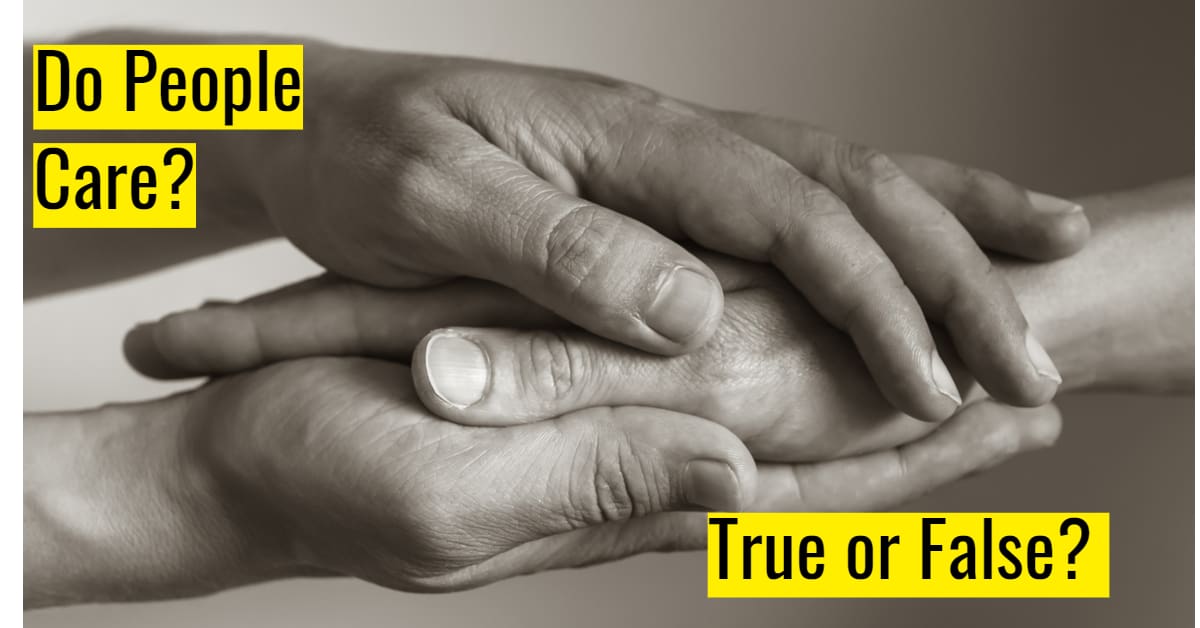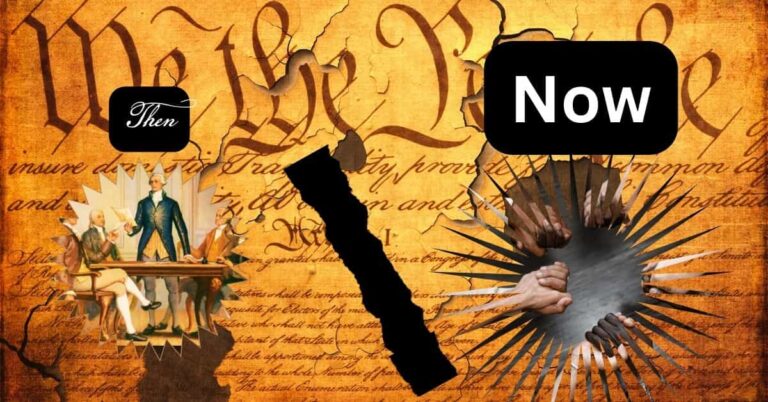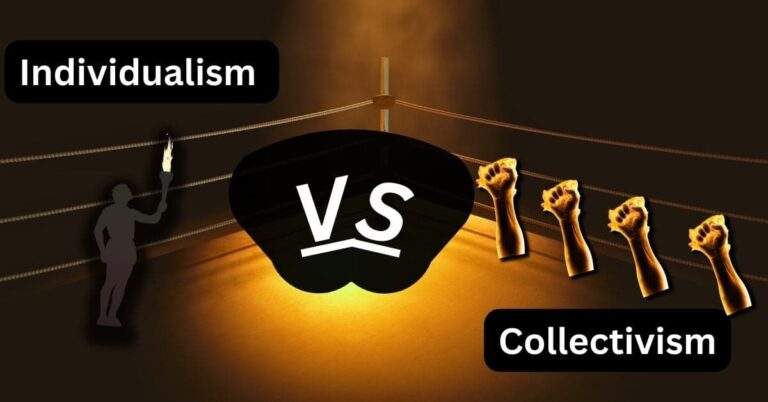Lying in bed, I can hear the tick-tock of the analog clock. Time goes by slow or fast depending on how much you have available. I never have enough time with activities filling my daily roster.
The general population loves the idea of having freedom, but they can’t define it. They lack the time, energy, and dedication to care about having freedom. Time allotment in people’s daily lives steals their short attention span to care.
What makes people lose interest? Find out below.
Daily Life Distractions
Life is busy! We run here and there trying to figure out what is next on our to-do list.
We all have our issues that are important to us. Mine is liberty.
For some, the basics of how to pay for their next meal are their only concern. Others worry about environmentalism, saving the rhinos, or a meteor hitting the earth.
The issues listed above are more mainstream problems with merit to worry.
Yet, many people are distracted by electronic devices, phones, or social media. Those tiny devices are addictive.
All these distractions lead to a diminishing awareness of reality. Our understanding of the world is only what we read on our phones.
In the book Deep Work: Rules for Focused Success in a Distracted World by Cal Newport, Newport describes how distracted the world has become. Although his book’s focus is how to make use of time for academics, you can apply his principles to daily life.
He discusses how social media, cell phones, and other distractions hinder us from accomplishing what we want to achieve. We don’t realize how much time we lose.
Like lost liberty, time passes away with distractions. Before you know it, issues at the forefront of political thought disappear due to intentional distractions.
Materialism
With the push of the button on your smartphone, you can have any product delivered directly to your front door.
You can scroll with endless possibilities.
Dressing up for a shopping trip to the mall is no longer considered an epic experience like I remember watching on the Brady Bunch.
However, we know memories and experiences are worth far more than material items that can be bought on Amazon.
The modern internet economy offers convenience but has distractions with endless wants.
Will freedom be lost with this materialism? Yes!
Where will it go?

Imagine yourself in a bathtub full of gold. We all like that image. Endless riches…
You can afford and order all you want from your bathtub full of gold.
Before you know it, your house is filled end-to-end with possessions stacked from floor to ceiling. You don’t have the liberty to escape your house because you’re trapped inside your house full of stuff.
Your house becomes a prison.
The Great Gatsby is another great example of having everything but nothing at the same time.
Gatsby has all the money, riches, and he too could have a bathtub full of gold. Yet, he throws all these elaborate parties because his “stuff” doesn’t offer satisfaction.
Gatsby is a literary example of someone who has everything but isn’t fulfilled.
In the end, money is a medium of exchange that we use as a tool to offer specific value. Is money “the root of all evil?”
Money can be used for evil, but it isn’t the root of all evil. Some tyrants are evil without money.
Wealth can also be used to preserve liberty.
You can donate spare money to charities that offer services to less fortunate individuals. This provides a community to charity recipients.
Government would not feel the need to tax people as much with charity providing more for the needy.
Take half of your bathtub full of gold and donate what you can to a charity when you feel moved.
Don’t Care
To be blunt, some don’t care about freedom much less any other worthy cause.
This is a harsh reality. Obviously, I would love for people to yearn for freedom, but I do not become upset about it.
When you consider the consequences of your decisions, you display some sense of caring and forethought to your future.
If you don’t think about what your current trends will produce, either you’re an idiot- or lack the motivation to care.
History provides educated insight into recognizing, understanding, and predicting patterns of good or evil.
But remember…some don’t care. One day you might care if your daily routines became interrupted by mass changes in your quality of life.
What happens if you do care?
The American Revolution was a great example in history when people cared about freedom. Freedom rang when Paul Revere rode through the New England countryside. He warned people of an impending British force there to decimate Patriot freedom.
Revere’s ride motivated people to care and maintain what freedom the American Patriots had. This rallying cry promoted a massive moment against British tyranny.
By December 1776, George Washington’s Continental Army became demoralized. The British had won battle after battle.
George Washington wanted his soldiers to care again.
LEARN MORE about why you should want to be free?

There is this famous painting that every American has seen somewhere in their life. It is the painting of George Washington crossing the Delaware River to surprise attack the British garrison at Trenton.
The attack was a success. There was a dramatic boost in Continental Army morale to oust British tyrannical influence many years later.
The moral of this story is that when people care about freedom -or some greater cause- opportunities open.
Conclusion
People want to subtly care about liberty but don’t have the commitment and focus to secure it.
The founders knew that they wanted a country where liberty reigned for them and future generations. By following the founding document’s principles and philosophies, future freedom can be preserved.
We have slipped away from our roots due to numerous distractions, possessions, and not caring about our communities.
To remedy this attitude problem, we need strong community leaders like those of our ancestors that care.
Featured Image Credit: KieferPix/shutterstock.com



